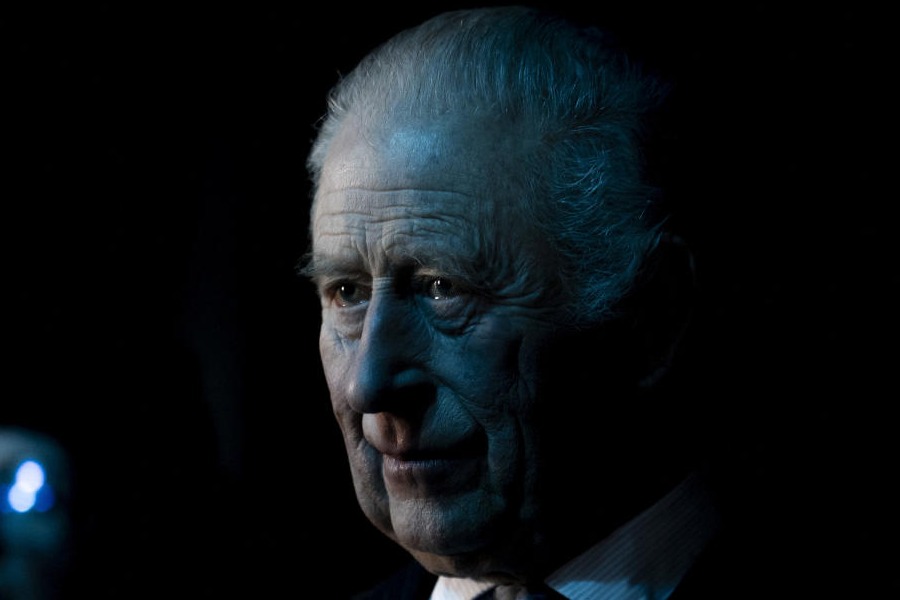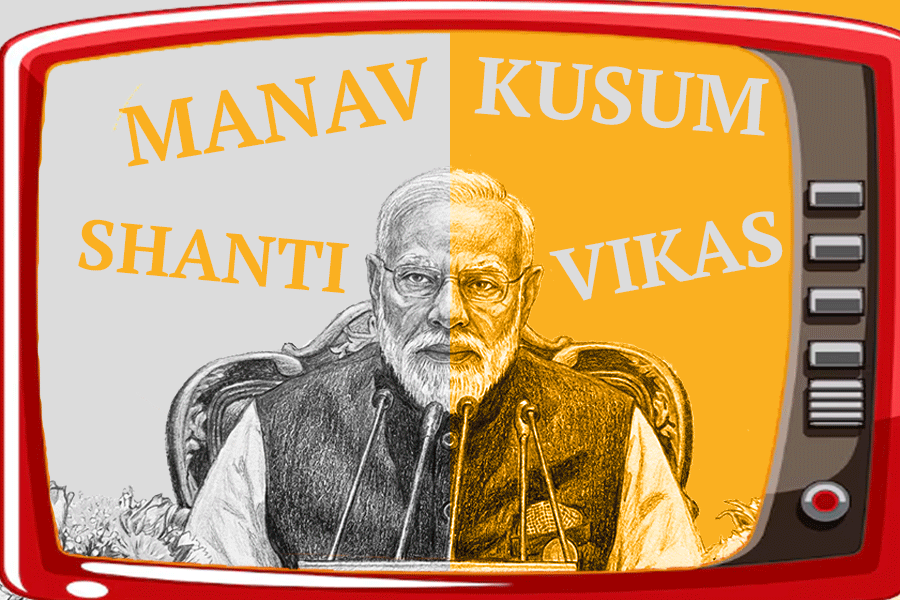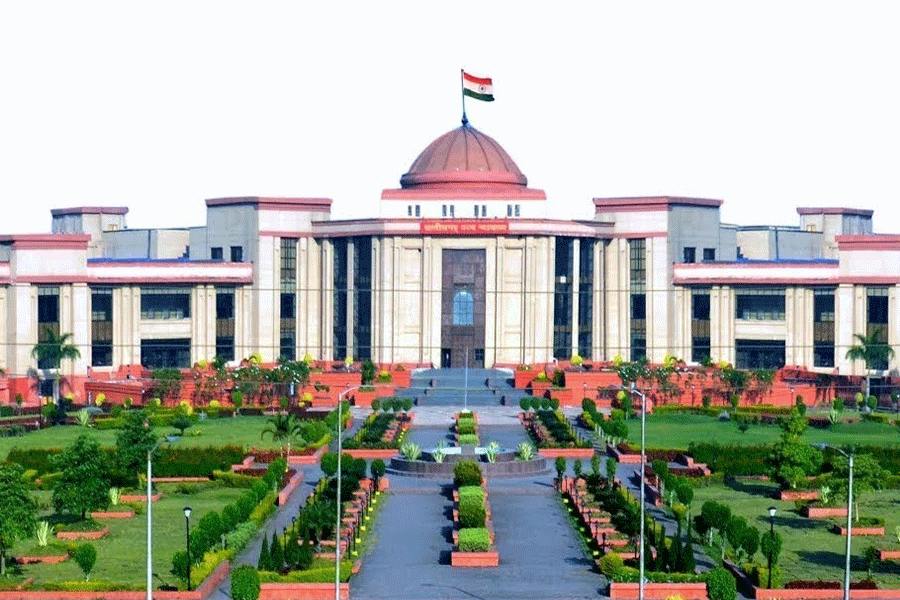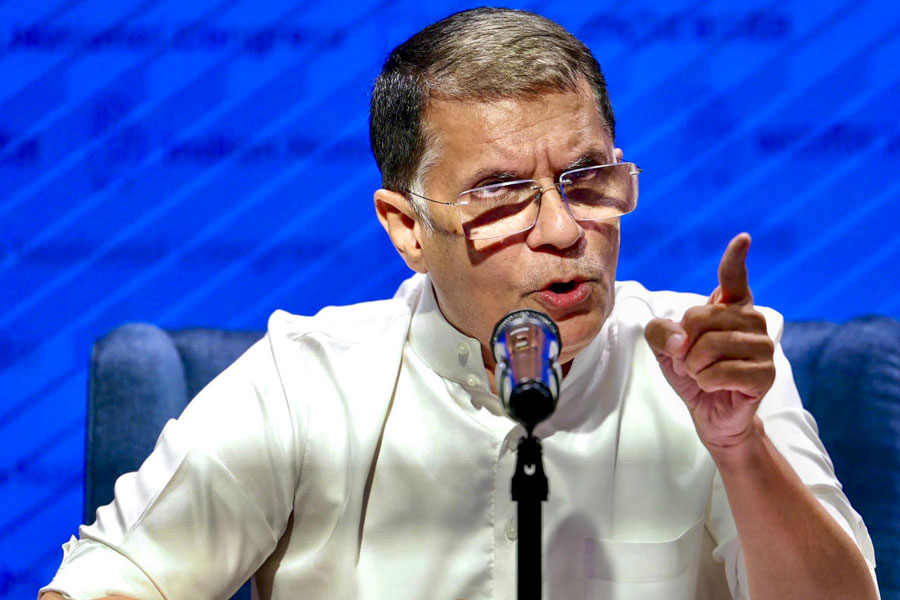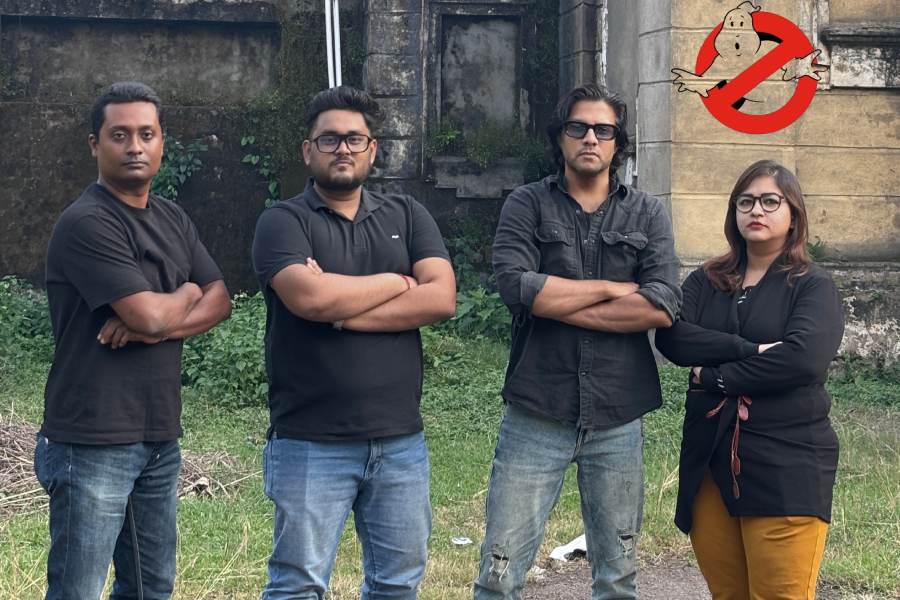Members of the World Health Organisation adopted a landmark agreement on Tuesday on how to prepare for future pandemics following the Covid-19 outbreak, which killed millions between 2020 and 2022, according to news agency Reuters.
After three years of negotiation, the legally binding pact was adopted by the World Health Assembly in Geneva on Tuesday.
According to Reuters, the treaty guarantees that countries that share the virus samples will receive tests, medicines and vaccines. Up to 20 per cent of such medical products will be parked with WHO to ensure poorer countries have access to resources when the next pandemic hits.
'World is safer'
The pact is widely seen as a victory for members of the global health agency at a time when multilateral organisations such as the WHO have been battered by sharp cuts in United States foreign funding.
“The world is safer today thanks to the leadership, collaboration and commitment of our Member States to adopt the historic WHO Pandemic Agreement,” said Dr Tedros Adhanom Ghebreyesus, WHO Director-General.
“The Agreement is a victory for public health, science and multilateral action. It will ensure we, collectively, can better protect the world from future pandemic threats. It is also a recognition by the international community that our citizens, societies and economies must not be left vulnerable to again suffer losses like those endured during COVID-19.”
“Starting during the height of the Covid-19 pandemic, governments from all corners of the world acted with great purpose, dedication and urgency, and in doing so exercising their national sovereignty, to negotiate the historic WHO Pandemic Agreement that has been adopted today,” said Dr Teodoro Herbosa, Secretary of the Philippines Department of Health, and President of World Health Assembly, who presided over the Agreement’s adoption.
“Now that the Agreement has been brought to life, we must all act with the same urgency to implement its critical elements, including systems to ensure equitable access to life-saving pandemic-related health products. As COVID was a once-in-a-lifetime emergency, the WHO Pandemic Agreement offers a once-in-a-lifetime opportunity to build on lessons learned from that crisis and ensure people worldwide are better protected if a future pandemic emerges,” Herbosa added.
Challenges faced
The treaty faced a late challenge on Monday when Slovakia called for a vote, as its Covid-19 vaccine-sceptic prime minister demanded his country challenge the adoption of the agreement.
124 countries voted in favour, no countries voted against, while 11 countries, including Poland, Israel, Italy, Russia, Slovakia and Iran, abstained.
The elephant (not) in the room
President Donald Trump announced plans to withdraw from the WHO, saying that the UN organisation had "ripped" off the United States and asserted that it is controlled by China. For the first time since 1948, the US which provides about one-fifth of WHO's $6.8 billion budget — was absent from the annual World Health Assembly.
The treaty’s effectiveness will face doubts because the United States which poured billions into speedy work by pharmaceutical companies to develop Covid-19 vaccines is sitting out.


